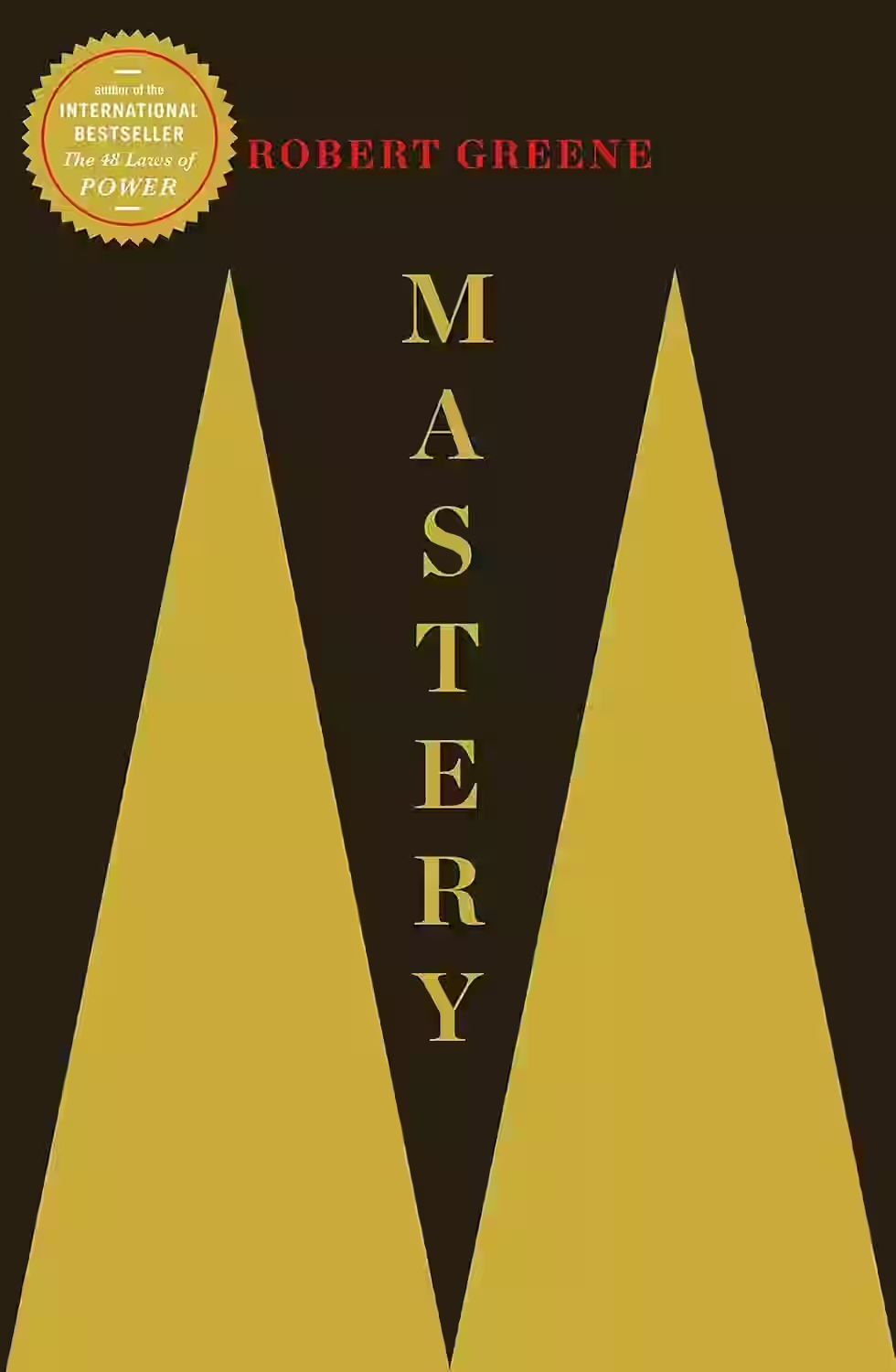
Robert Greene examines the paths of historical figures and contemporary experts to uncover the principles of achieving mastery in any field. He outlines a process involving apprenticeship, practice, and innovation, emphasizing the importance of perseverance.
About Robert Greene
An American author known for his controversial and influential books on strategy, power, and seduction, drawing on historical examples and philosophical insights. Works like The 48 Laws of Power and The Art of Seduction offer often amoral perspectives on how to acquire and maintain influence. Greene's provocative ideas and historical analysis have made him a popular figure in business and self-help circles.
Other Books by Robert Greene
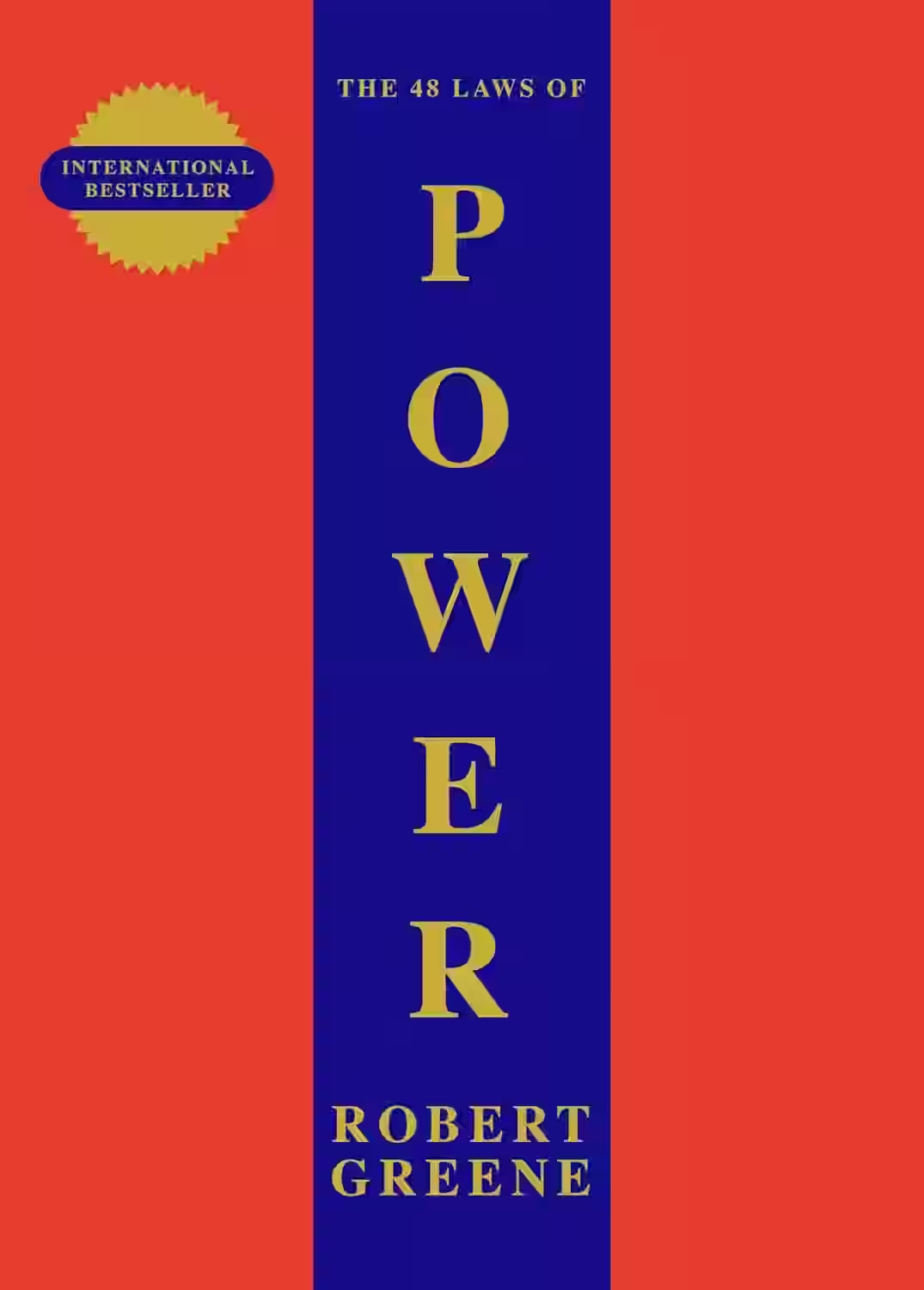
The 48 Laws Of Power
In this huge international bestseller, the 48 laws are illustrated through the tactics, triumphs and failures of great figures from the past who have wielded - or been victimised by - power. The perfect book for the power hungry (and who doesn't want power?). At work, in relationships, on the street or on the 6 o'clock news: the 48 Laws apply everywhere. For anyone with an interest in conquest, self- defence, wealth, power or simply being an educated spectator, The 48 Laws of Power is one of the most useful and entertaining books ever. This book 'teaches you how to cheat, dissemble, feign, fight and advance your cause in the modern world.' (Independent on Sunday) The distilled wisdom of the masters - illustrated through the tactics, triumphs and failures from Elizabeth I to Henry Kissinger on how to get to the top and stay there. Wry, ironic and clever, this is an indispensable and witty guide to power.
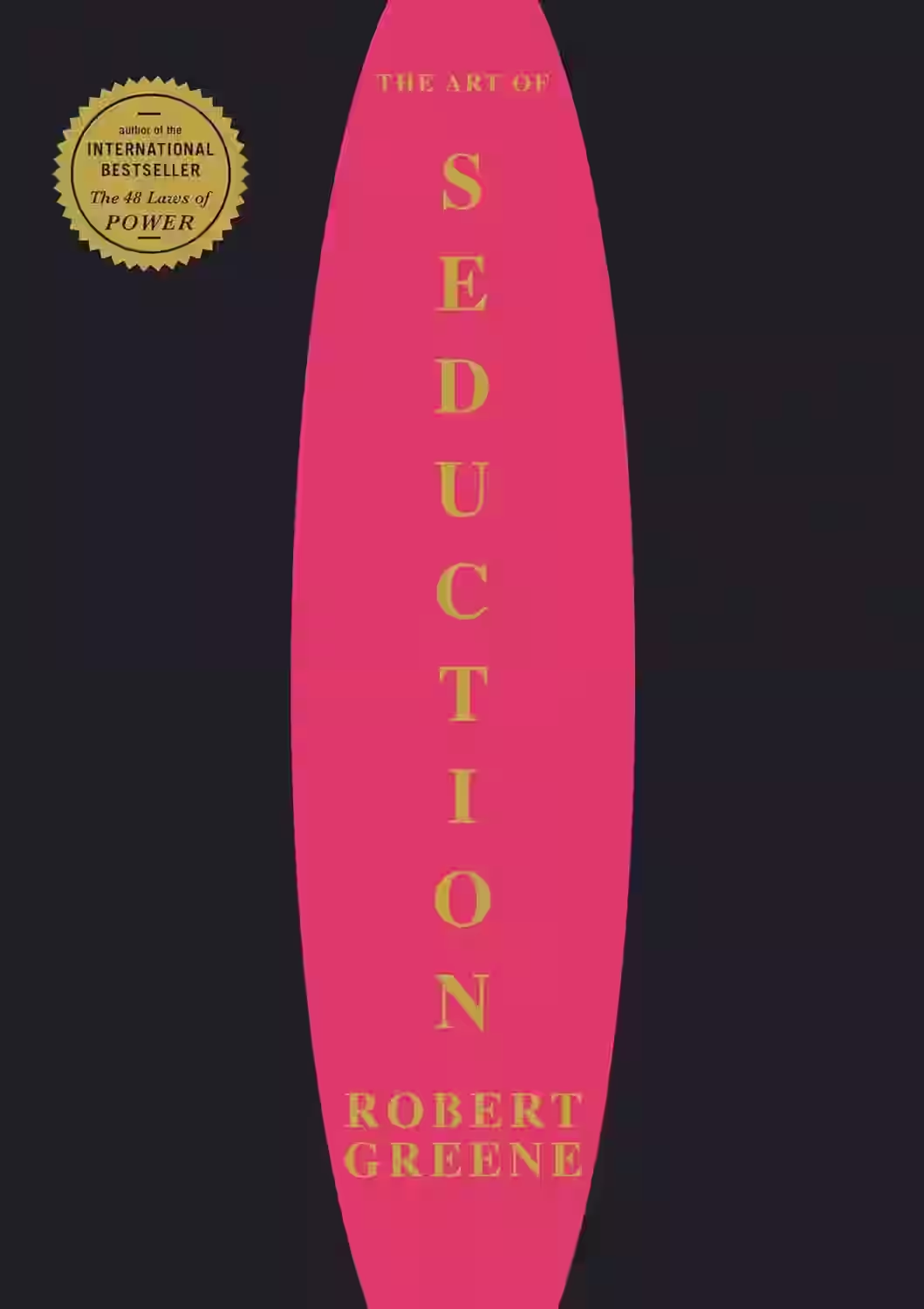
The Art of Seduction
In 'The Art of Seduction,' Robert Greene delves into the intricate and often controversial world of seduction. Through historical anecdotes and psychological insights, Greene offers a guide to mastering the art of seducing others, whether for personal or professional gain. The book explores different seductive archetypes, strategies, and pitfalls, providing readers with a comprehensive understanding of power dynamics and human behavior. While some may find the content manipulative, Greene's work prompts introspection and critical thinking about our social interactions. 'The Art of Seduction' challenges conventional norms and offers a fresh perspective on the complexities of seduction in various relationships.
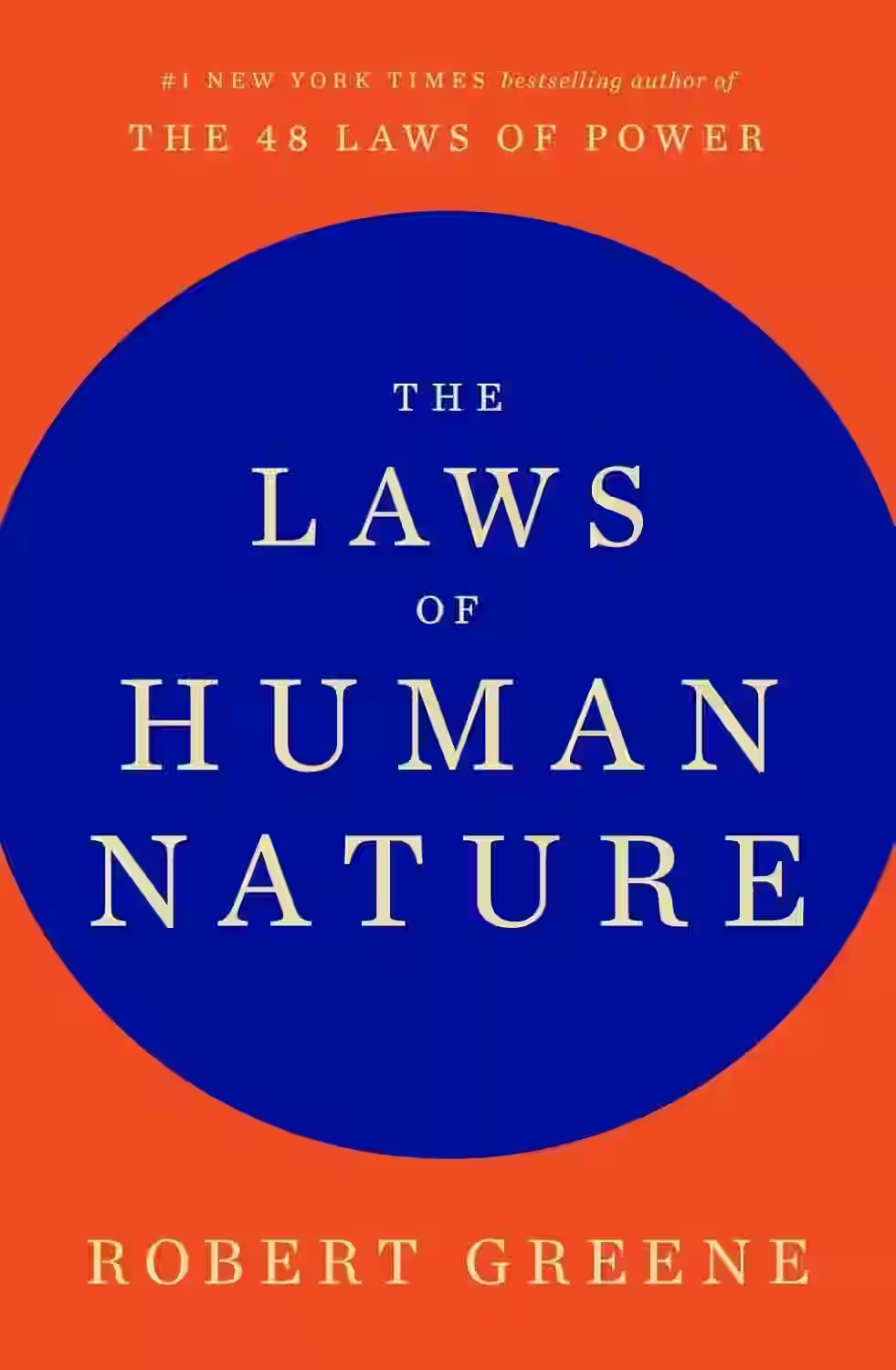
The Laws of Human Nature
In 'The Laws of Human Nature' by Robert Greene, readers are taken on a transformative journey exploring the intricacies of human behavior and psychology. Through captivating storytelling and insightful analysis, Greene delves into the motivations and dynamics that drive our actions, shedding light on the darker aspects of human nature. By drawing from historical examples and psychological research, the book offers practical wisdom on how to navigate social interactions, understand the behaviors of others, and ultimately harness the power of empathy and self-awareness. A compelling blend of psychology, philosophy, and practical advice, 'The Laws of Human Nature' challenges readers to confront their innermost tendencies and strive for personal growth.
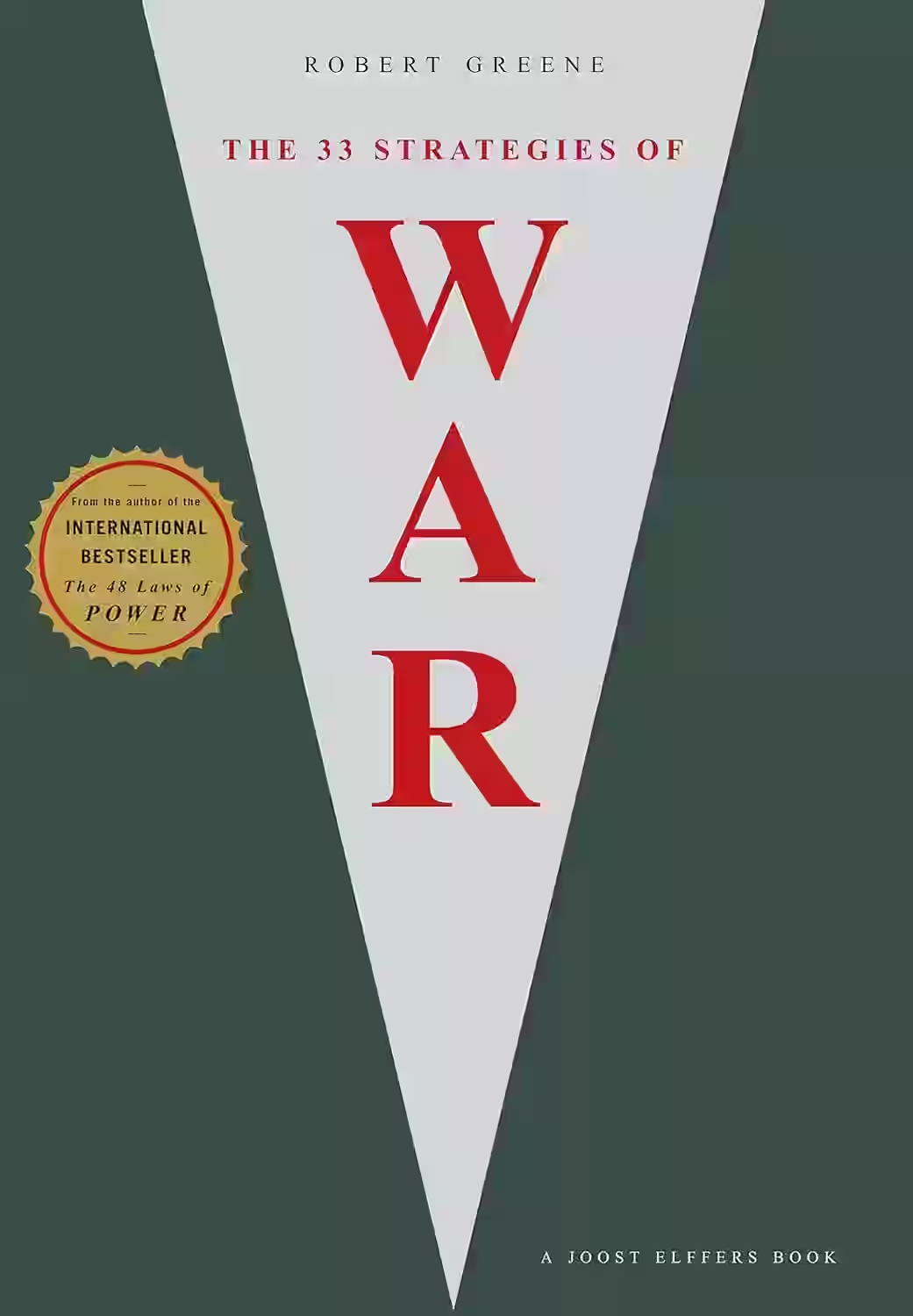
The 33 Strategies of War
In 'The 33 Strategies of War,' Robert Greene masterfully dissects the timeless tactics employed by history's greatest military leaders, politicians, and thinkers. Drawing examples from Sun Tzu, Napoleon, and others, Greene offers a comprehensive guide to navigating the complexities of conflict and power dynamics in both personal and professional spheres. Each strategy is meticulously explained and accompanied by vivid historical anecdotes, making this book an engaging and enlightening read for those seeking to outmaneuver opponents and achieve their goals effectively. Greene's unique blend of history, psychology, and strategy provides readers with a thought-provoking exploration of the dynamics of power and warfare.
Similar Books
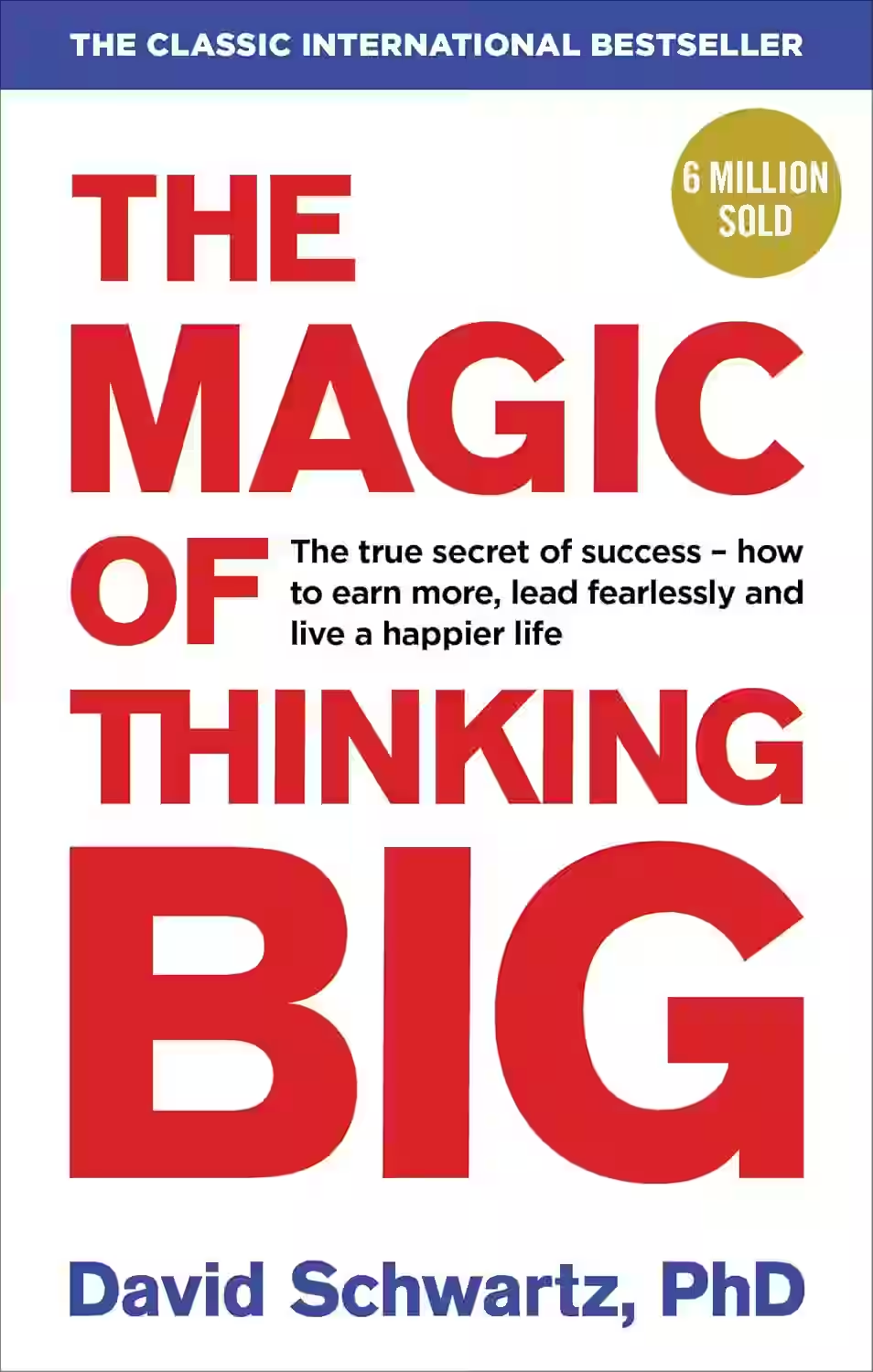
The Magic of Thinking Big
First published in 1959, David J Schwartz's classic teachings are as powerful today as they were then. Practical, empowering and hugely engaging, this book will not only inspire you, it will give you the tools to change your life for the better - starting from now. His step-by-step approach will show you how to Defeat disbelief and the negative power it creates, Make your mind produce positive thoughts, Plan a concrete success-building programme, Do more and do it better by turning on your creative power, Capitalise on the power of NOW.

Atomic Habits
by James Clear
In Atomic Habits, James Clear reveals how small, consistent actions can lead to life-changing results. Contrary to the belief that big change requires big effort, Clear shows that success is built through the compound effect of tiny habits—like doing two push-ups or waking up five minutes earlier. Drawing on cutting-edge psychology and neuroscience, he explains powerful techniques like Habit Stacking, the Two-Minute Rule, and the Goldilocks Zone. Through real-life stories of Olympians, CEOs, and scientists, Clear illustrates how these simple strategies foster lasting change. Practical, inspiring, and deeply insightful, this book is a blueprint for transforming your life—one habit at a time.
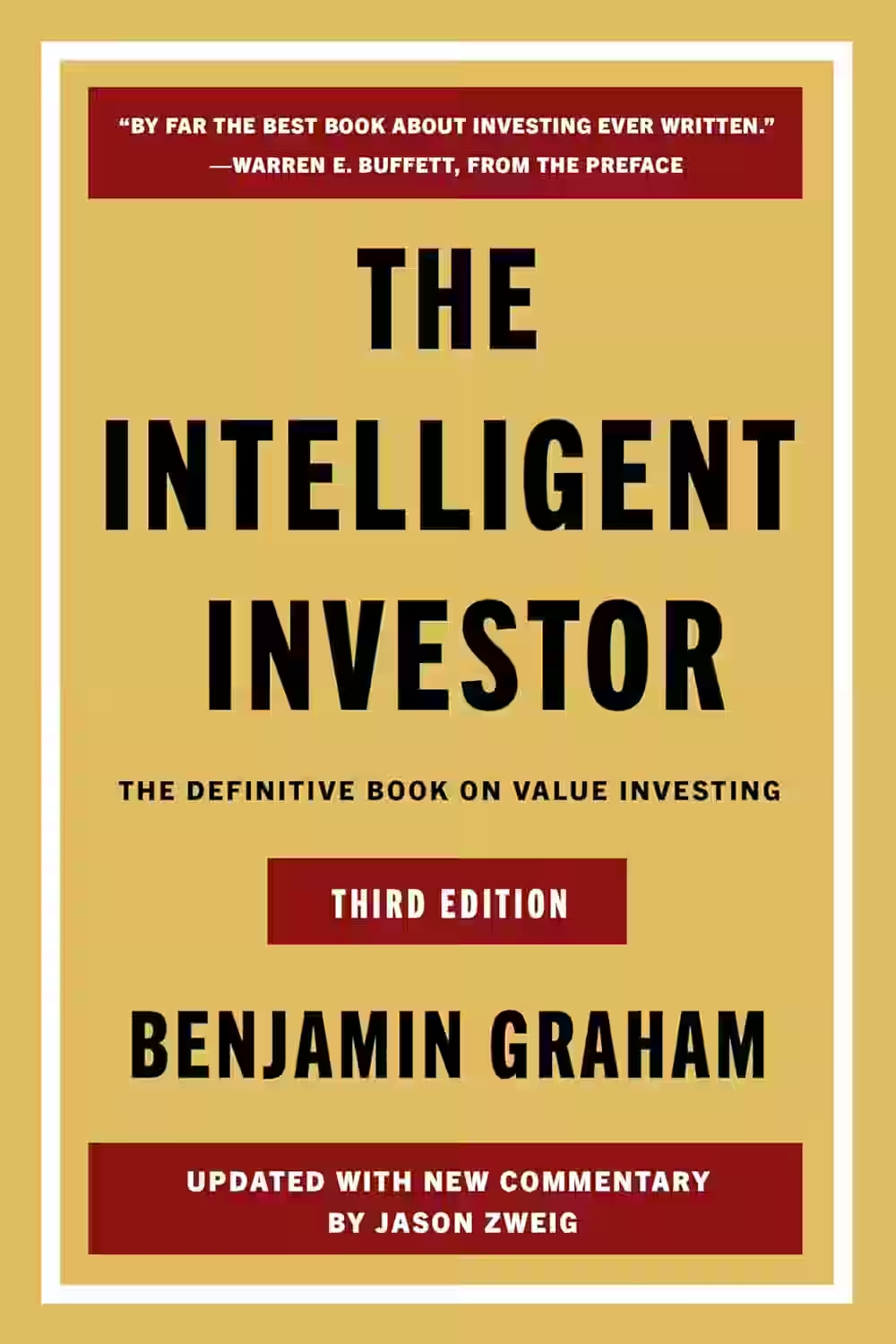
The Intelligent Investor
First published in 1949, The Intelligent Investor by Benjamin Graham is a foundational text on value investing and long-term financial strategy. Graham, known as the father of value investing, teaches readers how to analyze stocks with a focus on intrinsic value, margin of safety, and disciplined decision-making. The book distinguishes between “investing” and “speculating,” urging caution, patience, and rational thinking. With commentary by Jason Zweig in modern editions, the book remains a timeless guide for both novice and experienced investors. Its core message—that emotional control and sound principles are key to investment success—has influenced generations, including Warren Buffett.
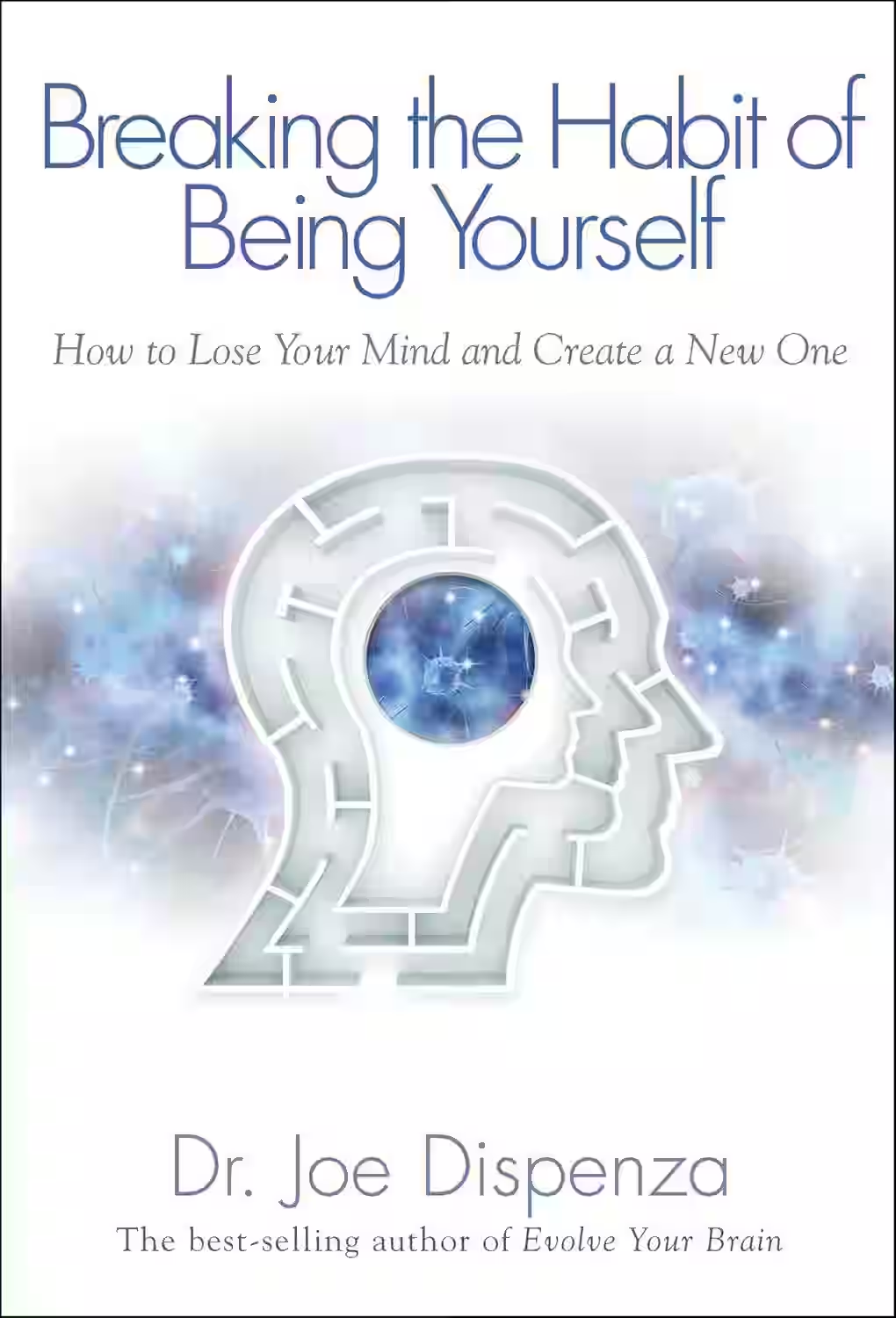
Breaking the Habit of Being Yourself
by Joe Dispenza
Dr. Joe Dispenza’s Breaking the Habit of Being Yourself combines neuroscience, quantum physics, and psychology to teach readers how to reprogram their minds. The book argues that thoughts shape reality and that changing habitual thinking patterns can lead to personal transformation. With meditation techniques and cognitive strategies, Dispenza outlines how to shift from unconscious living to deliberate creation. It appeals to readers interested in self-healing, manifestation, and aligning their mindset with desired outcomes.